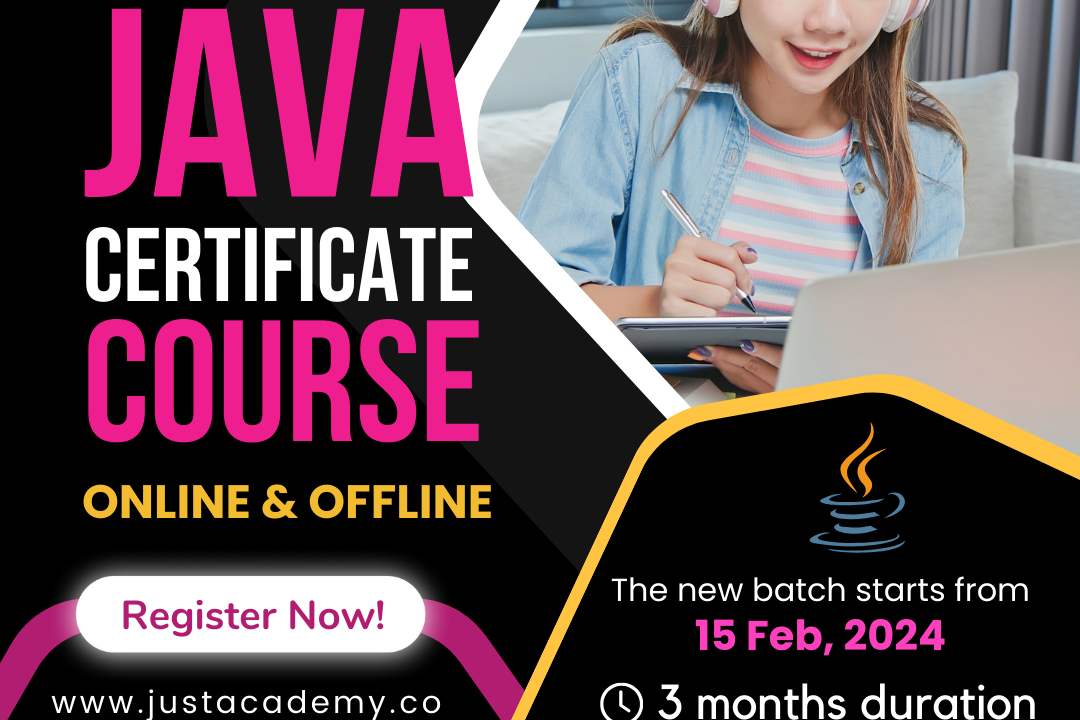Java for Interactive applications
Java for Dynamic User Experiences
Java for Interactive applications
Java for Interactive Applications leverages the language's robust features, portability, and object-oriented nature to create engaging and dynamic user interfaces across various platforms. Through frameworks such as JavaFX and Swing, developers can build rich client-side applications that support multimedia, graphics, and user interaction. Java's event-driven programming model facilitates responsive design, allowing applications to react promptly to user inputs, such as clicks and keystrokes. Moreover, Java's extensive libraries and tools enable seamless integration with backend services, databases, and web technologies, making it a popular choice for developing interactive applications in diverse domains, from gaming to business software and educational tools. The cross-platform capability ensures that applications can run consistently on any device that supports the Java Runtime Environment, enhancing accessibility and user experience.
To Download Our Brochure: https://www.justacademy.co/download-brochure-for-free
Message us for more information: +91 9987184296
1 - Introduction to Java: Overview of Java, its history, and significance in the programming world, emphasizing its platform independence and wide applicability.
2) Java Development Environment: Guidance on setting up Java development environments, including installation of JDK, IDEs like Eclipse or IntelliJ IDEA, and configuring build tools like Maven or Gradle.
3) Java Basics: Fundamental concepts of Java programming such as syntax, data types, variables, operators, and control structures (if else, loops).
4) Object Oriented Programming (OOP): Explanation of OOP principles (encapsulation, inheritance, polymorphism, and abstraction) in Java, with hands on examples.
5) Java Collections Framework: Introduction to Java collections, including lists, sets, maps, and the importance of collections in managing data effectively.
6) Graphical User Interface (GUI) Development: Overview of Java's GUI libraries (like Swing and JavaFX) for creating interactive applications, along with practical exercises.
7) Event Driven Programming: Understanding event handling in Java GUI applications, focusing on how to respond to user inputs through events.
8) Multithreading and Concurrency: Introduction to multithreading in Java, explaining how to create responsive interactive applications by executing multiple threads.
9) Java Networking: Basics of network programming in Java, including creating client server applications and understanding protocols like TCP/IP and HTTP.
10) Java Database Connectivity (JDBC): Overview of connecting Java applications to databases, performing CRUD operations with a practical database (like MySQL or PostgreSQL).
11) Using Java APIs for Interactivity: Introduction to various Java APIs (like JavaFX, Swing, or AWT) for enhancing the interactivity of applications with charts, graphs, and multimedia components.
12) Design Patterns in Java: Explanation of common design patterns (like MVC, Singleton, Observer) relevant to interactive application development, highlighting their importance in building scalable applications.
13) Exception Handling: Understanding error handling in Java, including the use of try catch blocks, custom exceptions, and best practices for robust applications.
14) Building and Packaging Applications: Teaching how to build interactive applications, package them with tools like JAR files, and distribute them for user installation.
15) Best Practices in Java Development: Discussion on coding standards, documentation, version control using Git, and continuous integration practices that enhance the quality of interactive applications.
16) Unit Testing and Debugging: Introduction to unit testing in Java with frameworks like JUnit, and effective debugging techniques to ensure application reliability.
17) Capstone Project: Encouragement for students to apply their knowledge in a final project where they design and develop an interactive Java application, demonstrating the skills they have acquired throughout the course.
This structure offers a comprehensive and engaging approach to training students in Java for Interactive Applications, ensuring they develop both theoretical knowledge and practical skills.
Browse our course links : https://www.justacademy.co/all-courses
To Join our FREE DEMO Session: Click Here
Contact Us for more info:
- Message us on Whatsapp: +91 9987184296
- Email id: info@justacademy.co
Interface Interview Questions in Java 2024












